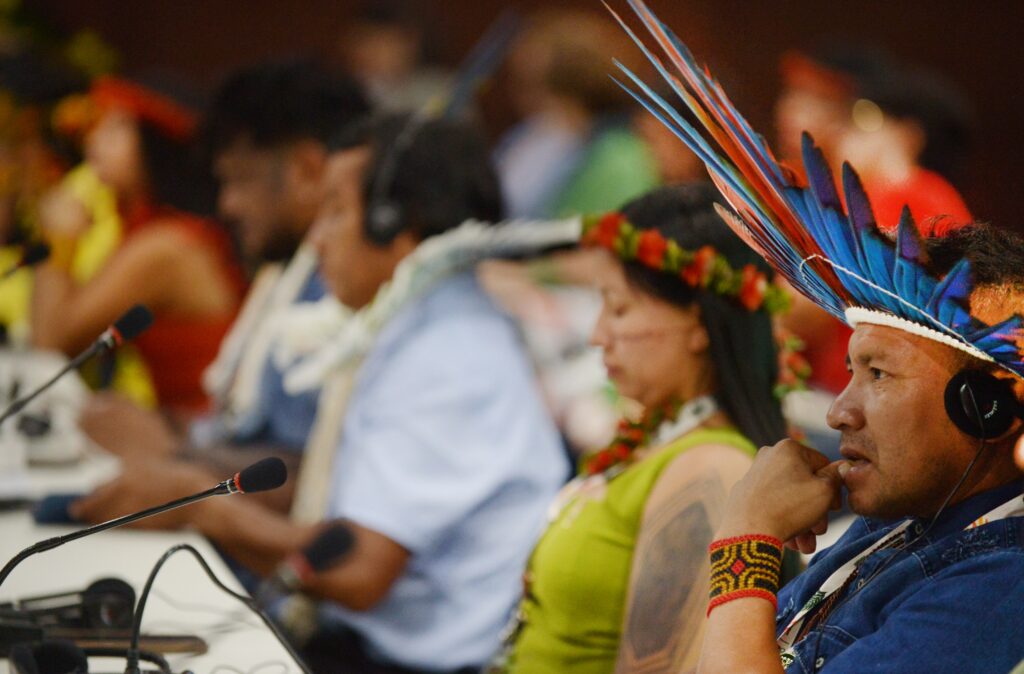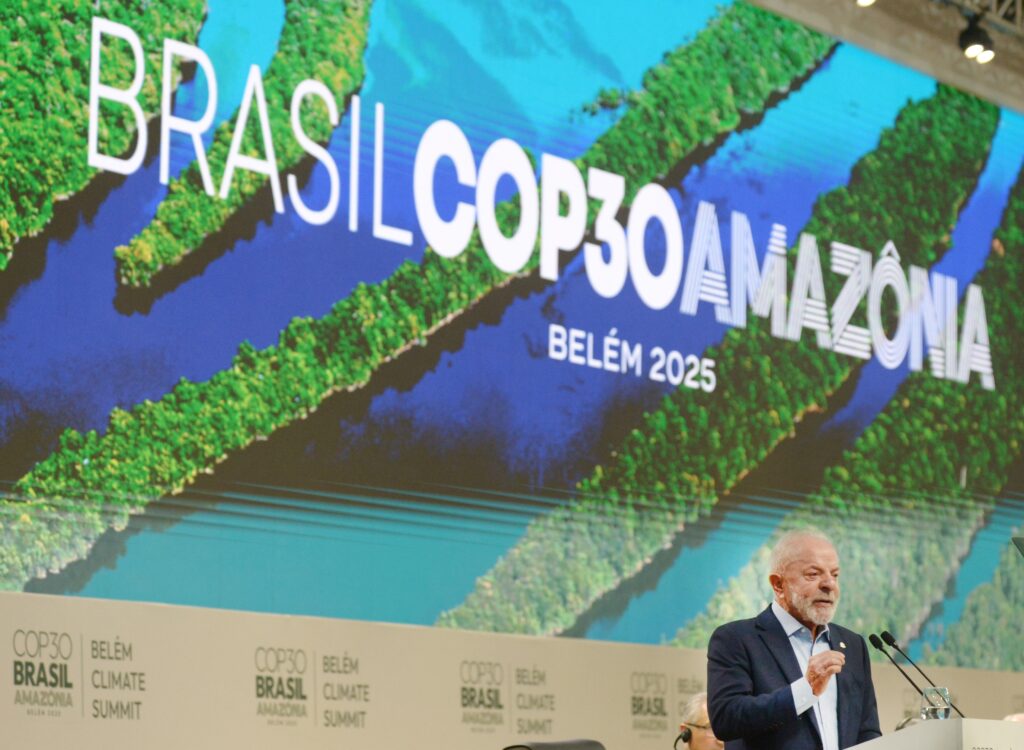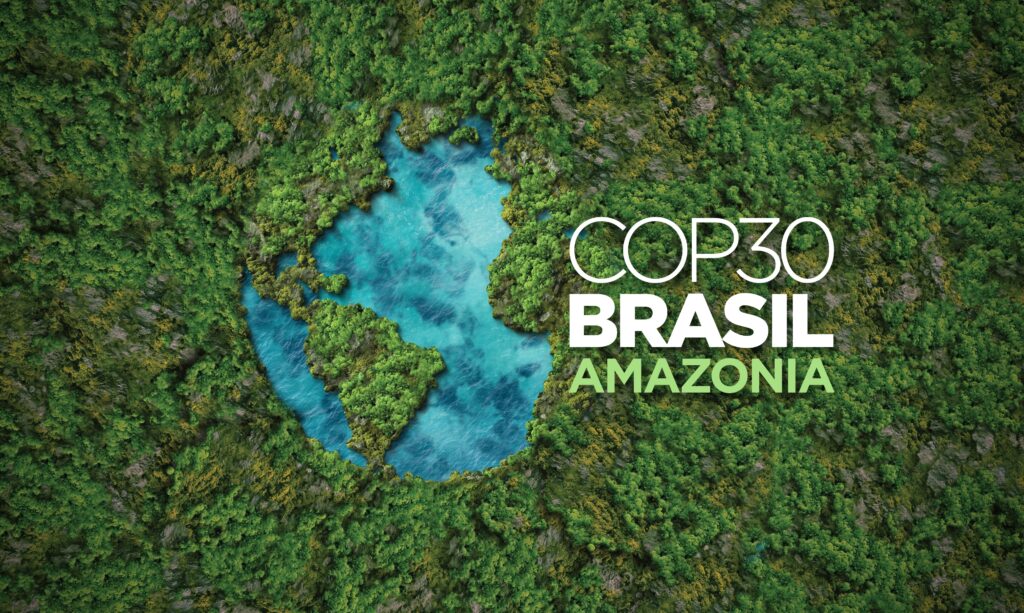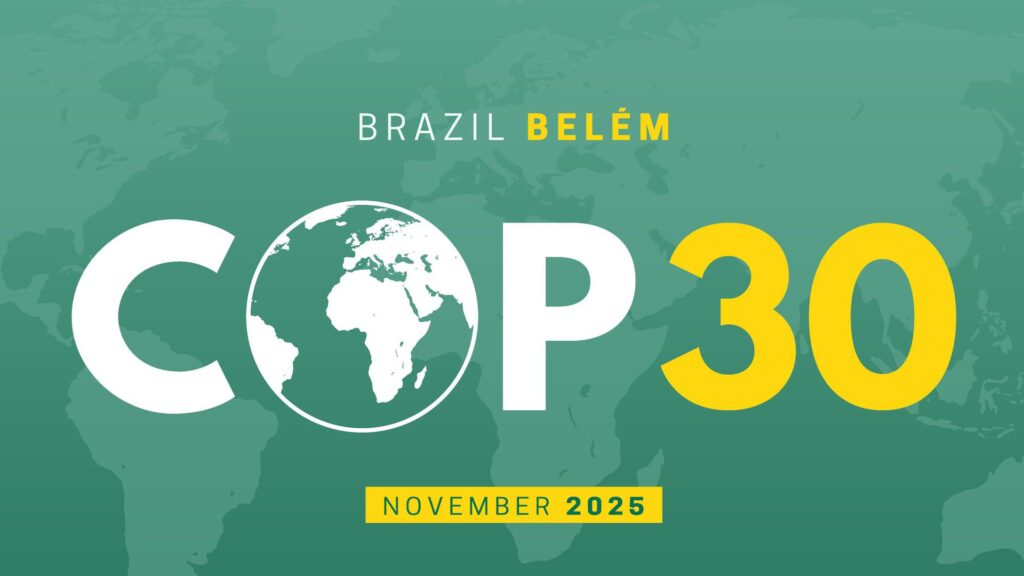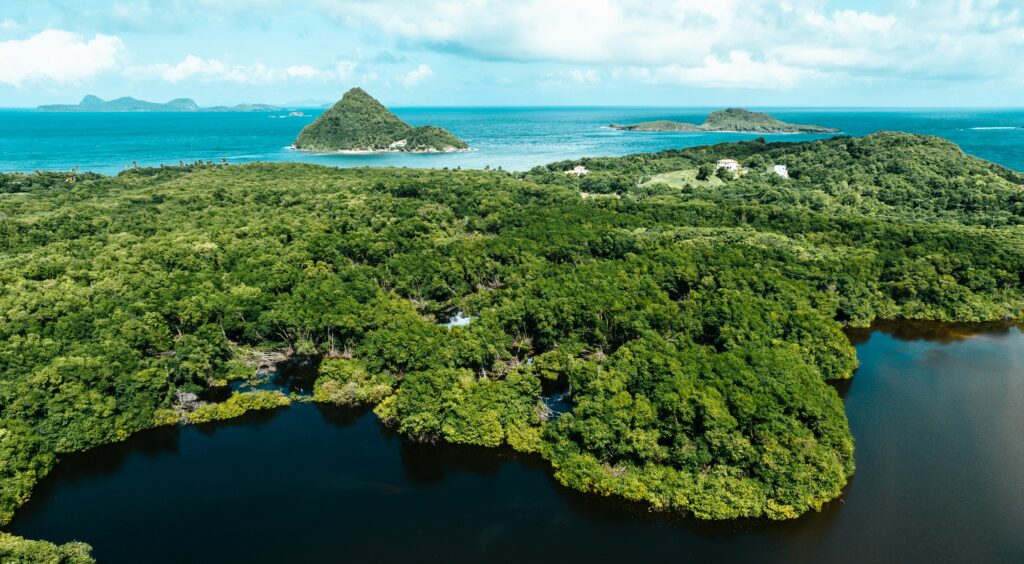Women and gender-diverse people bear the brunt of climate change, experiencing climate and nature-related shocks more severely and having fewer resources to recover. This deepens existing inequalities and threatens their livelihoods, health and safety.
Gender Action Plan at COP30 Brazil
At COP30 2025, leaders have the opportunity to tackle the climate crisis and gender inequality together. Central to that effort is drafting a new Gender Action Plan to keep gender equality and the experiences and leadership of women at the centre of climate action.
A gender-just climate response is integral to effective and inclusive action. Speaking at COP30, Mary Robinson, former UN High Commissioner for Human Rights, highlighted: “Gender-responsive action strengthens mitigation, adaptation, resilience and community leadership.” She condemned efforts to weaken agreed language that would define gender as “biological sex” as part of a global backlash against women that also undermines climate ambition.
“Gender equality isn’t an add-on to climate policy: it’s a measure of its effectiveness when women and gender diverse people are at the table,” said Mrs Robinson, making climate policies “more ambitious, more inclusive and more durable”.
Empowering Women to Fight the Climate Crisis
Ten years on from the Paris Agreement, many might cite failure. The climate crisis is rapidly intensifying, and action is falling dangerously short. Scientists warn that the window to avert irreversible breakdown is closing, yet governments continue to approve new fossil fuel projects and industries roll back already inadequate commitments. On our current trajectory, the world is heading towards a catastrophic 2.6°C warming by the end of the century, making vast areas of the planet uninhabitable and inflicting immeasurable harm to millions.
But against this bleak backdrop, women continue to drive some of the most ambitious and justice-centred climate action globally. Women leaders and activists are central to shaping efforts to secure an inclusive response, defend rights and advance solutions that strengthen resilience and equity at the community and national levels. As challenges mount, women are stepping up not only for a more effective response, but one that is just and leaves no one behind.
At COP30 Brazil, notable figures include Brazil’s Minister of Environment and Climate Change Marina Silva, who designed the Global Ethical Stocktake to integrate a moral and ethical dimension to climate policy. Sônia Guajajara, Brazil’s minister for Indigenous peoples, is spearheading initiatives to guarantee the representation of Indigenous women’s leadership and rights in negotiations and in financial and policy commitments.
Meanwhile, women worldwide are leading the climate response in their homes and communities, driving positive change day in and day out, said Helen Pankhurst, senior advisor on gender equality at CARE International UK. Women are creating and leading innovative and sustainable solutions like agriculture cooperatives, encouraging drought-resistant crops and creating early warning systems that save the lives and livelihoods of women who don’t have access to traditional media, she said.
Women’s ‘Voices of the Biomes’ at COP30 2025
Brazil’s first lady Janja Lula da Silva, COP30’s special envoy for women, is also a leading voice for gender justice at the conference. The project “Voices of the Biomes” travelled to Brazil’s five biomes to learn directly from women developing sustainable, community-led solutions. The initiative, led in partnership with Denise Dora, special envoy for human rights and a just transition, and Jurema Werneck, special envoy for racial equality, highlighted women’s experiences of the crises and how they sought solutions to confront them.
“In each place, I met dozens of women on the front lines of climate change,” said Brazil’s first lady. “Family farmers, quilombola women, Indigenous women, riverside dwellers, researchers, community leaders, public managers and women entrepreneurs who, even while facing loss, scarcity, violence and inequality, continue creating solutions to protect life, secure rights and keep alive the conditions that sustain their communities.”
Werneck, also executive director of Amnesty International Brazil, highlighted the urgency of action needed across the territories. “Women in different territories are saying that the crisis must be understood as an emergency. And the response must be infused with this urgent call to save all lives, save all biomes, save the very existence and the cultures that thrive there,” she said. “We saw fire on wet land, we saw drought on flooded land, we saw hunger where there once was abundance. But we also saw the determination of women to rebuild life.”
Women as Drivers of a Just and Effective Climate Transition
Shining a light on women’s experiences, resilience and solutions — and enhancing leadership to put knowledge into action — is a powerful yet undervalued climate response. Civil society groups are still fighting for the integration of gender across adaptation, mitigation and finance plans, through the inclusion of gender diversity, security, reproductive health and rights and structural gender justice, alongside robust financing and meaningful leadership mechanisms in official plans.
The gender issue can no longer be an annexe to the decisions made at COP, said Lula. “Every step we take in climate action is a step toward women living with greater dignity. Every advancement in gender equality brings us closer to a world capable of overcoming the climate crisis,” she said.
Evelyn Smail
Writer, United Kingdom
Evelyn is a freelance writer and journalist specialising in climate science and policy, the just energy transition and the human impacts of climate change. She writes for independent publications, NGOs and environmental organisations. Evelyn has a background in sustainable development, climate justice and human rights.
Evelyn is a freelance writer and journalist specialising in climate science and policy, the just energy transition and the human impacts of climate change. She writes for independent publications, NGOs and environmental organisations. Evelyn has a background in sustainable development, climate justice and human rights.


